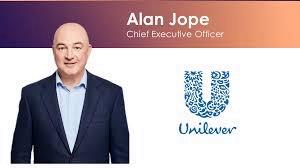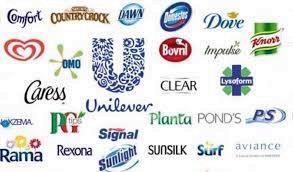 Alan Jope, appointed as CEO of Unilever in 2018, has announced his somewhat premature retirement at 59. His announcement is, in all probability, related to Board and shareholder dissatisfaction with the performance of the company that has lagged behind competitors Nestle and Proctor & Gamble. The share price of these companies has increased from approximately $250 to $300, peaking at $400 in late 2021. In contrast, the share price of Unilever has sagged from $170 to $110 since the appointment of Mr. Jope.
Alan Jope, appointed as CEO of Unilever in 2018, has announced his somewhat premature retirement at 59. His announcement is, in all probability, related to Board and shareholder dissatisfaction with the performance of the company that has lagged behind competitors Nestle and Proctor & Gamble. The share price of these companies has increased from approximately $250 to $300, peaking at $400 in late 2021. In contrast, the share price of Unilever has sagged from $170 to $110 since the appointment of Mr. Jope.

The catalyst for his departure was the attempt to purchase the consumer-health business of GlaxoSmithKline for $70 billion.
Although the company successfully consolidated its joint headquarters in London and emphasizing health and hygiene over food, the strategy pursued by Jope failed to satisfy shareholders, including activist investor Nelson Peltz. Jope was criticized for continuing the ESG programs established by his predecessor, Paul Polman and maintaining unrealistic expectations for operating margins.
The successor to Mr. Jope will have a difficult task in restructuring the company with a possible split between food that is a competitive segment and personal care that offers higher margins. And then there is the overhang of a stagnant share price.